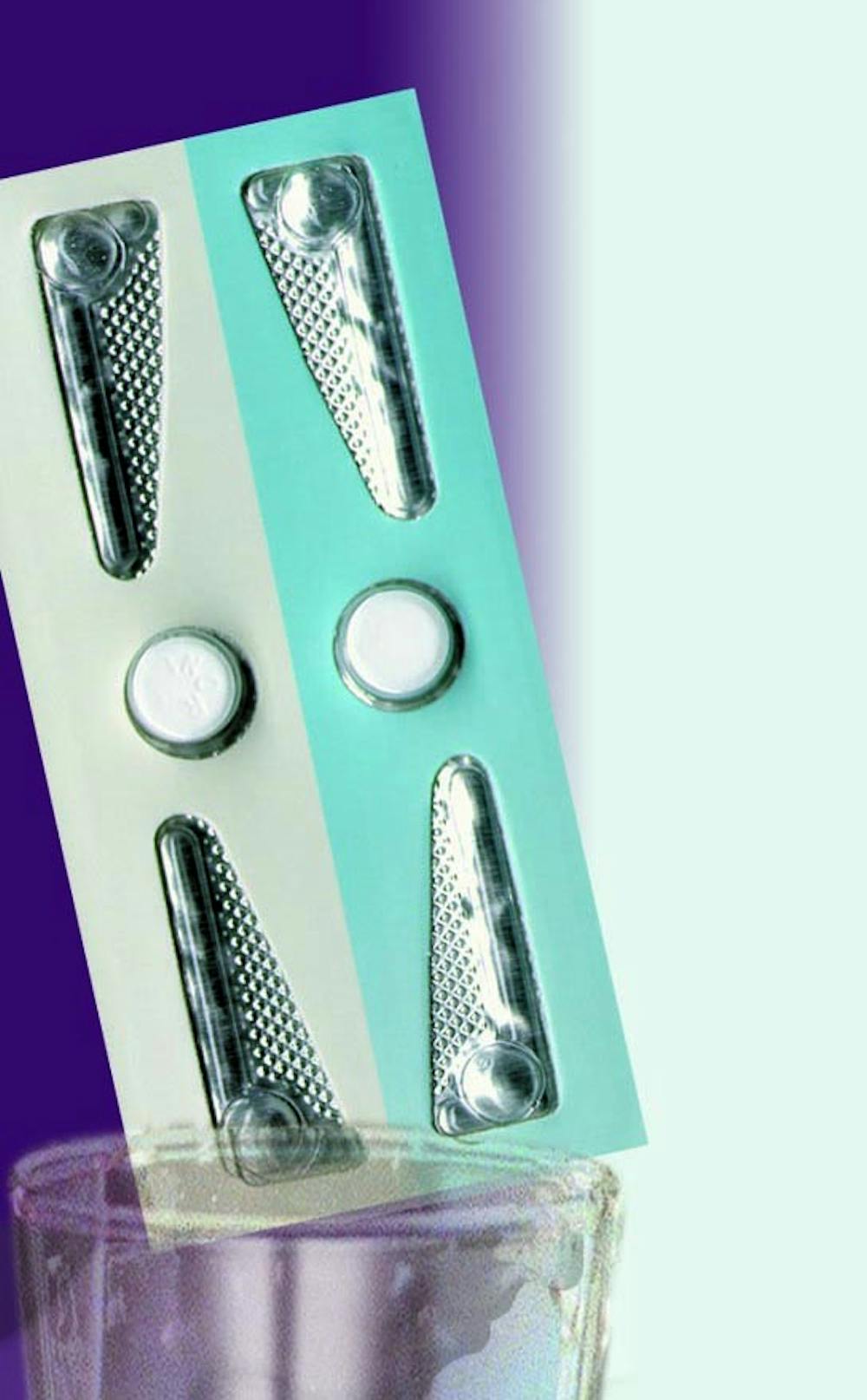This is an age of convenience. A culture of drive-thru establishments and vending machines has enabled us to get what we want when we want it, without having to plan ahead.
Drink machines have been a common conveience for Americans for years, selling bottled water and canned Coke right down the hall from workspaces, classrooms and meeting areas.
Go to the right restroom and you can find aspirin and ibuprofen machines — even condom dispensers — for people who need to purchase personal items without dealing with a clerk.
But what about birth control pills? What about emergency contraceptives? Where do we draw the line about how readily available we need to make these substances?
Last week, Shippensburg University in Pennsylvania captured the media's attention- the public university came under scrutiny for its sale of the morning-after pill, Plan B One-Step, for $25 by means of a vending machine.
Students can access the machine, which also dispenses other over-the-counter medication, cough drops, pregnancy tests and personal health items, in the university’s health center.
The university put the vending machine behind closed doors, which only students, faculty and staff can access. And though the university has confirmed that all students on the campus are over the age of 17, the minimum age someone must be to legally purchase the drug, the U.S. Food and Drug Administration is investigating Shippensburg’s procedure for selling Plan B One-Step.
But should universities be in the business of selling emergency contraceptives? Is it a college’s responsibility to step into the sexual affairs of students and provide this service for them? The answer is no.
Besides the fact that purchasing such a drug from a vending machine eliminates all forms of accountability for a college-aged consumer, who for safety reasons should consume the drug no more than once or twice, Shippensburg or any other university should not be providers of the morning-after pill. A student’s sexual decisions are not the responsibility or business of his or her university, including Elon, which does sell the morning-after pill to students for lower-than-shelf price.
By providing Plan B One-Step on campus to students, the university is enabling students’ irresponsibility. The health center already has an annual budget for condoms. They’re free for students.
Be prepared if you’re going to have sex. Use a condom. Or better yet, don’t get drunk to the point of not being able to make wise decisions and exert self-control.
Last week, an Associated Press article cited that one of the reasons Shippensburg University dispensed the morning after pill in a vending machine behind closed doors was for privacy. But in the real world, there is no hidden vending machine that offers a morning after pill. There is no student health center that will offer you the pill at a discounted rate. If you don’t take your birth control or don’t use a condom, you will have to drive to the drug store and ask a pharmacist for the drug.
For many, college is a time of experimenting with ideas, religion, activities and even circles of friends. But college should never be a time of experimenting with preparedness and making irresponsible sexual decisions with the promise of a backup pill the next day. Except for in the case of rape and violence, it is actually possible to simply not have unprotected sex if you aren’t ready for the consequences. And a university shouldn’t condone and rescue students from irresponsible behavior.


